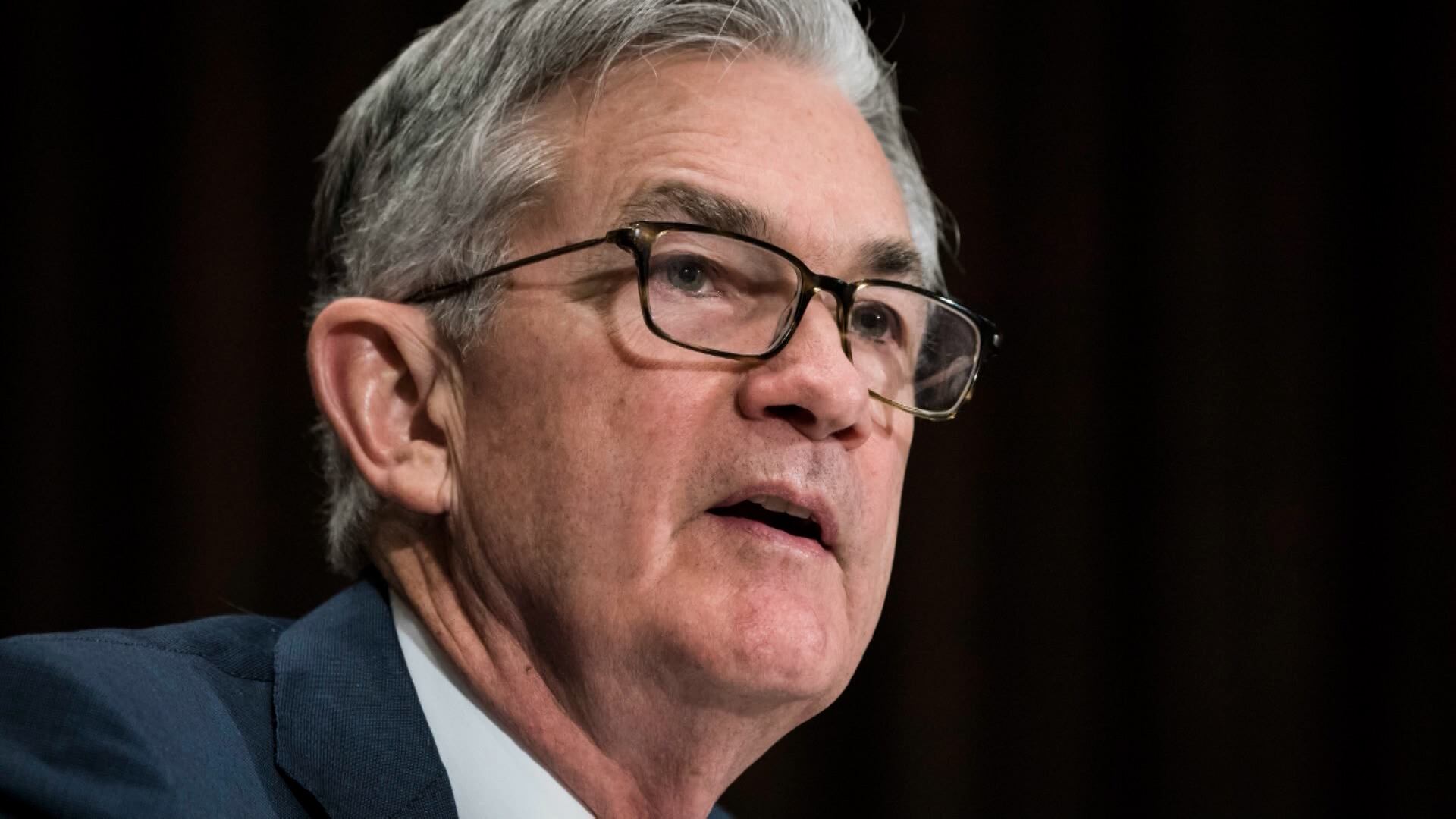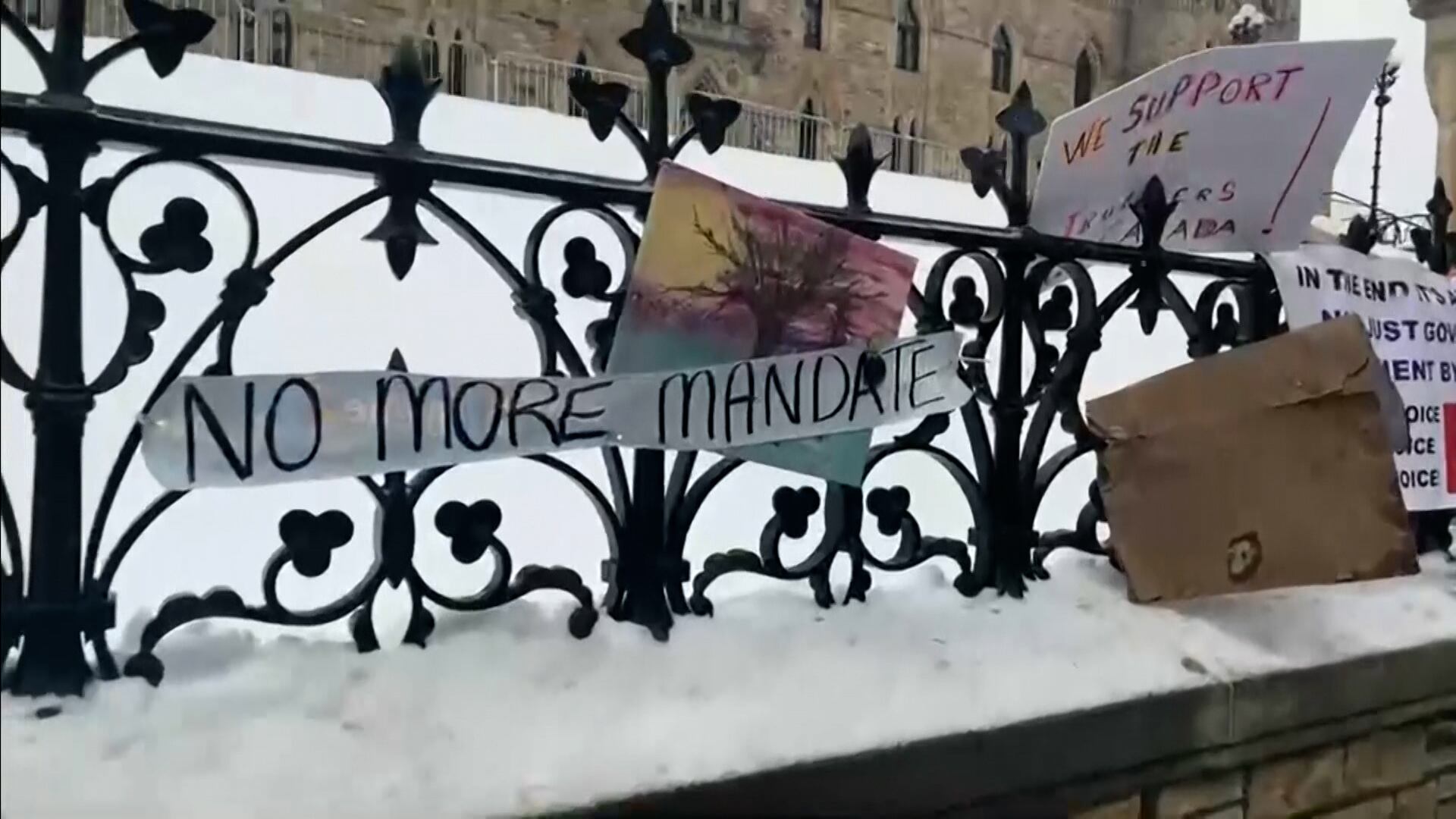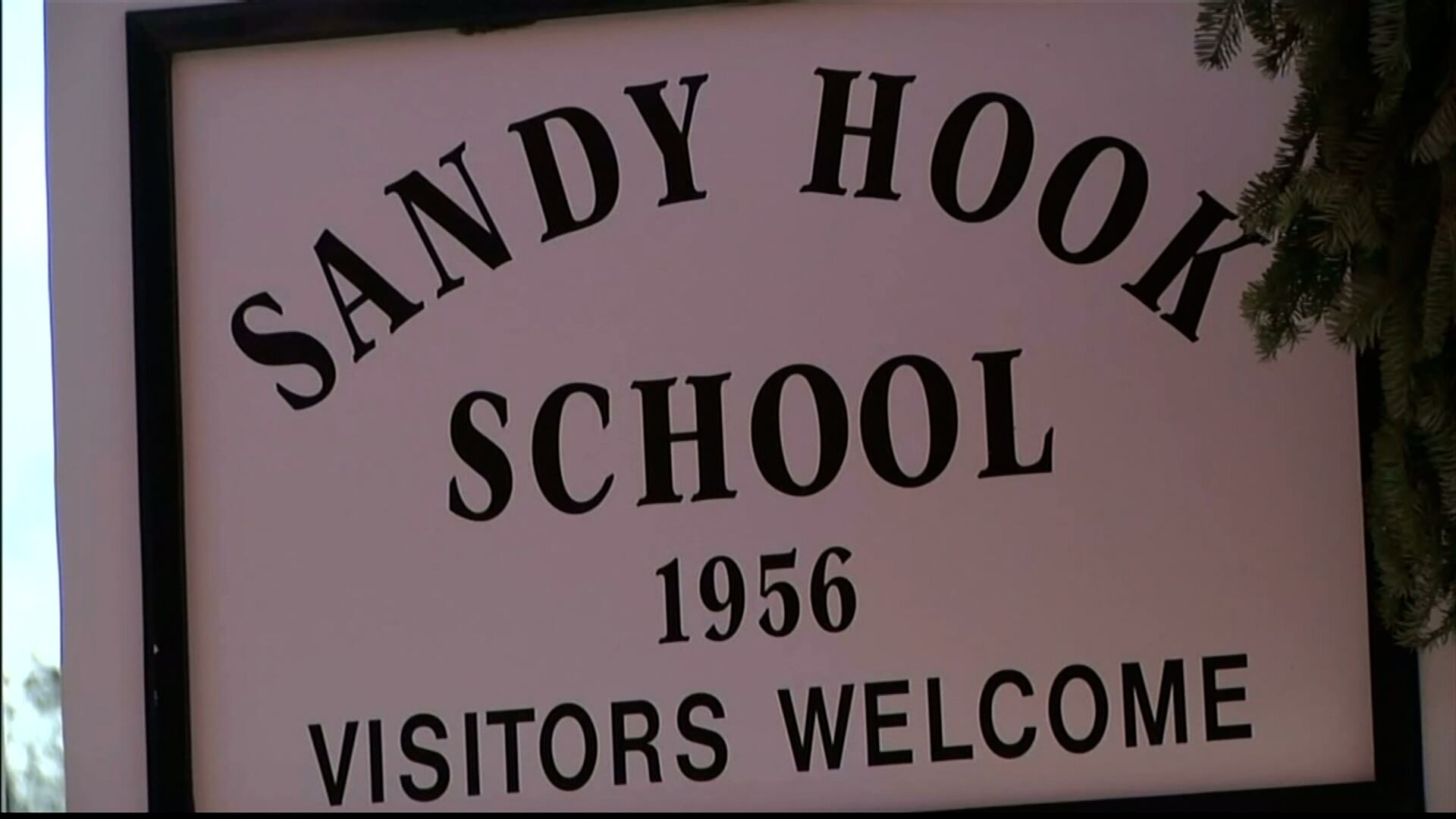By Nicholas Riccardi
The new leader of one of the chambers of Congress that will certify the winner of next year's presidential election helped spearhead the attempt to overturn the last one, raising alarms that Republicans could try to subvert the will of the voters if they remain in power despite safeguards enacted after the 2021 attack on the U.S. Capitol.
Mike Johnson, the Louisiana congressman who was elected speaker of the House of Representatives on Wednesday after a three-week standoff among Republicans, took the lead in filing a brief in a lawsuit that sought to overturn Joe Biden's 2020 presidential election win. That claim, widely panned by legal scholars of all ideologies, was quickly thrown out by the U.S. Supreme Court.
After the 2020 election, Johnson also echoed some of the wilder conspiracy theories pushed by then-President Donald Trump to explain away his loss. Then Johnson voted against certifying Biden's win even after the Jan. 6 attack on the Capitol.
Johnson's role three years ago is relevant now not only because the speaker is second in the line of presidential succession, after the vice president. The House Johnson now leads also will have to certify the winner of the 2024 presidential election.
“You don't want people who falsely claim the last election was stolen to be in a position of deciding who won the next one,” said Rick Hasen, a law professor at the University of California, Los Angeles. On Wednesday, he flagged another worry about Johnson, who is a constitutional lawyer.
“Johnson is more dangerous because he wrapped up his attempt to subvert the election outcomes in lawyerly and technical language,” Hasen said.
Last year, Congress revamped the procedures for how a presidential win is certified, making it far harder to object in the way that Johnson and 146 other House Republicans did on Jan. 6, 2021. But there is a conservative school of thought that no legislation can control how Congress oversees the certification of a president's win — all that counts is the Constitution's broad granting of power to ratify the electoral college's votes.
The House in January 2025 will be filled with the winners of the previous November's election, so there's no guarantee a Speaker Johnson would remain in power. To be sure, it would be difficult for the speaker to change any of the results. The vice president -- who would be Democrat Kamala Harris at the time — presides over the joint House and Senate session in a ceremonial role and calls votes if there are enough objections to do so.
Still, the goal of Trump supporters in 2020 was to advance any legal argument against Biden's win to a Supreme Court where conservative justices have a 6-3 edge, three of whom were nominated by Trump. A speaker who supported Trump's last effort to stay in power would be well-positioned to do so again if the former president is the GOP nominee next year and loses the election.
On Tuesday night, after Johnson was nominated to his new post by the House GOP caucus, he smiled and shook his head as the rest of the caucus laughed and booed at a reporter's question about his role in trying to halt certification of the 2020 results. “Next question,” Johnson said. “Next question.”
Democrats kept the issue center stage as the speaker vote on the floor proceeded Wednesday.
"This has been about one thing,” Rep. Pete Aguilar said. “This has been about who can appease Donald Trump. House Republicans have put their names behind someone who has been called the most important architect of the electoral college objections.”
“Damn right,” someone called from the Republican side of the House.
Later, House Minority Leader Hakeem Jeffries, D-N.Y., noted that Biden had won the 2020 election. Republican Rep. Marjorie Taylor-Greene yelled, “No, he didn't.”
Johnson's ascension came after Trump on Tuesday torpedoed the candidacy of Rep. Tom Emmer, who signed onto Johnson's brief in the lawsuit to overturn Trump's loss but ended up voting to certify Biden's win after the attack on the Capitol. The former president called Emmer a “RINO” — or Republican In Name Only — on his social media platform, Truth Social, and said Emmer “wasn’t MAGA,” a reference to his Make America Great Again slogan.
Johnson is a former attorney for the religious rights group Alliance Defending Freedom who was first elected to the House in 2016, the year Trump won the presidency. An active member of the House Judiciary Committee, he gained notice as one of the leading Republican questioners of witnesses during Trump’s first impeachment in 2019.
He remained one of Trump’s chief defenders through the 2020 election. On Nov. 7, 2020, four days after Election Day, he posted on Twitter that he had told Trump, “Stay strong and keep fighting, sir!” In an interview on a Shreveport, Louisiana, radio station 10 days later, he repeated a debunked claim about an international conspiracy to hack voting machines so Trump would lose.
“In every election in American history, there's some small element of fraud, irregularity,” Johnson said in the interview. “But when you have it on a broad scale, when you have a software system that is used all around the country that is suspect because it came from Hugo Chavez in Venezuela, when you have testimonials of people like this, it demands to be litigated.”
Johnson then organized more than 100 House Republicans to sign onto an amicus brief filed in support of a lawsuit from Texas' Republican Attorney General, Ken Paxton, asking the U.S. Supreme Court to invalidate Biden's wins in four states that gave him his winning margin in the Electoral College — Georgia, Michigan, Pennsylvania and Wisconsin. Many legal analysts were aghast at the litigation, which was quickly rejected by the high court.
On his social media streaming show, former New York City Mayor Rudy Giuliani, who is facing charges in Georgia for trying to overturn the election results there, praised Johnson on Wednesday for refusing to accept Trump’s 2020 election loss.
“He seems to be right on everything, including the things I’m interested in, which is he didn’t accept the election rollover,” said Giuliani, who also praised Johnson for supporting the lawsuit by the Texas attorney general.
In an interview with The New Yorker in December 2020, Johnson dialed down his election rhetoric.
“I don’t see a grand conspiracy,” he said of the allegations of voter fraud. “What I see is a lot of chaos and confusion across the land, and the result is that this election will have this giant question mark hanging over it.”
On Jan. 6, just before Trump's supporters overran the Capitol, Johnson tweeted: “We MUST fight for election integrity, the Constitution, and the preservation of our republic! It will be my honor to help lead that fight in the Congress today.”
Hours later, after the attack, Johnson condemned the violence on Twitter. But he still voted with about two-thirds of House Republicans to overturn Biden's wins in Arizona and Pennsylvania. He remains close to House Judiciary Committee Chairman Jim Jordan, a fellow Republican who strategized with Trump over how to overturn his defeat before Jan. 6.
Trump's supporters in trying to overturn the election have not fared well in elections since the violent assault on the Capitol, with a slate of conspiracy theorists attempting to assume positions overseeing elections in key swing states all losing their races last year. Instead, they have excelled at winning internal party contests and taking control of some state parties. Now they also have claimed one of the nation's most powerful political positions.
Joanna Lydgate, chief executive officer of States United Democracy Center, a nonpartisan group organizing against election deniers, said Johnson's ascension was alarming: "How can you run the people’s House if you don’t believe in the will of the people?”
Noting the speaker's role in “the peaceful transfer of power” between presidential administrations, Lydgate warned, "When those in power don’t take our democracy and the will of the people seriously, it can have dire consequences.”
___
This story has been corrected to show the House will have to certify the winner of the 2024 presidential election, not the 2025 presidential election. And it deletes an incorrect reference to the U.S. Constitution putting the speaker second in the line of presidential succession.
___
Associated Press writers Mary Clare Jalonick in Washington and Michael R. Sisak in New York contributed to this report.













